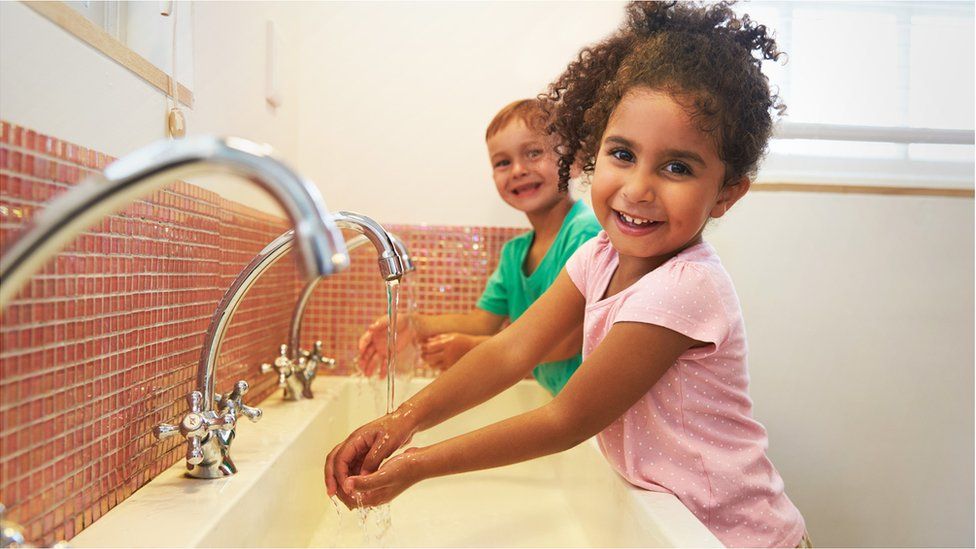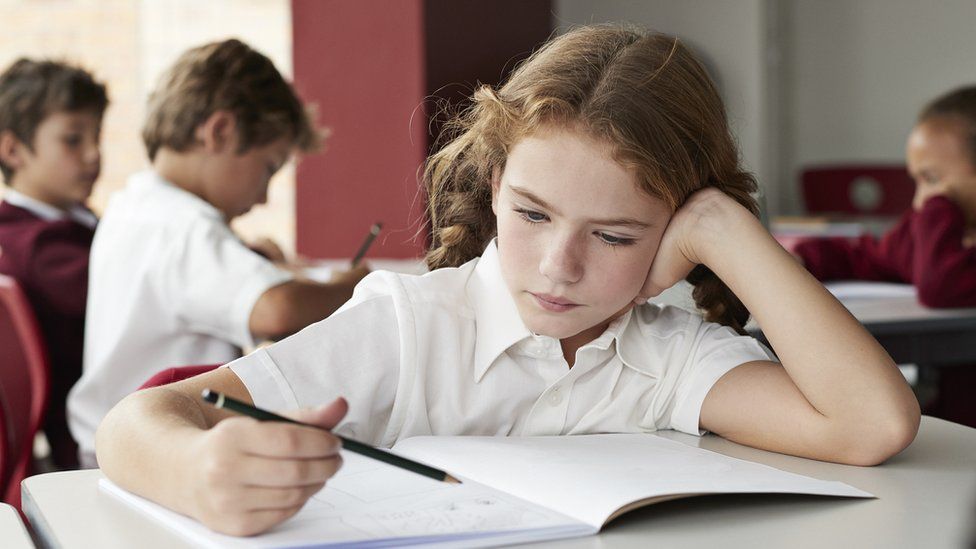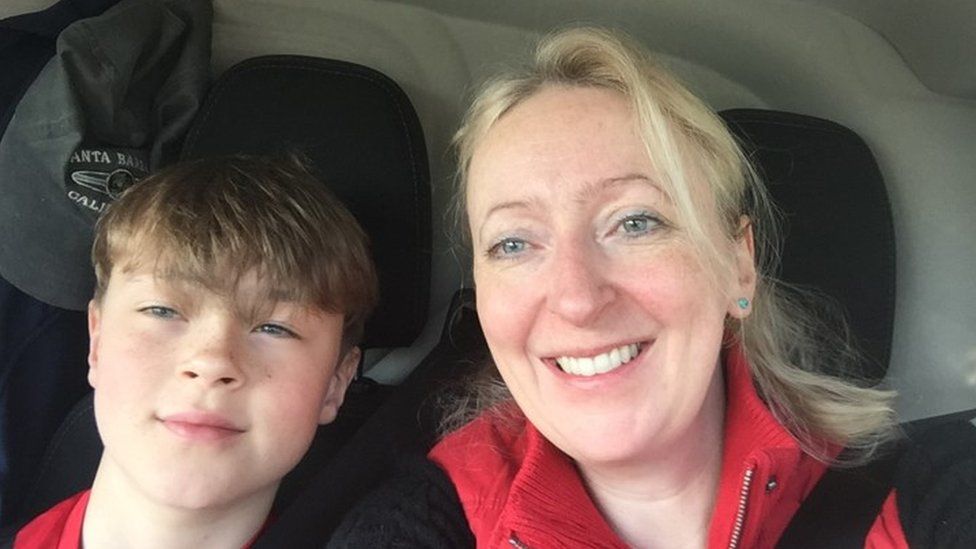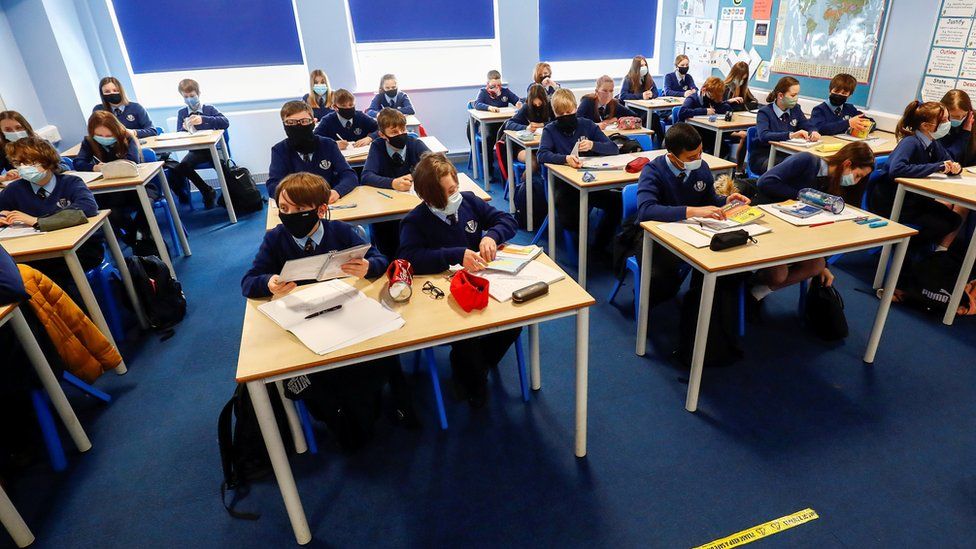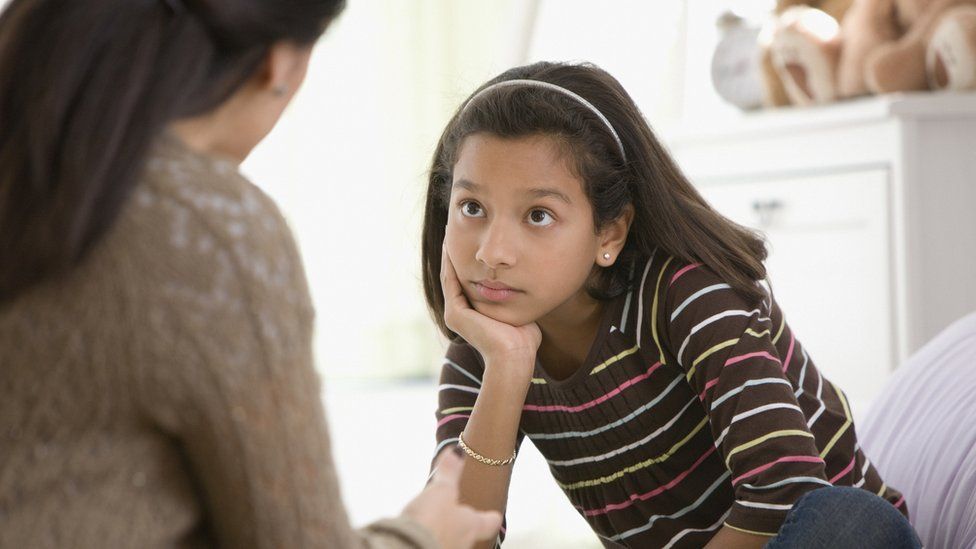The British Council has announced plans to reopen its teaching centres in Delhi after being closed for around 18 months due to the COVID-19 pandemic.
Written By Devanshe Pandey

British Council to reopen its Delhi centers New Delhi:
The British Council has announced plans to reopen its teaching centres in Delhi after being closed for around 18 months due to the COVID-19 pandemic. Through practical classes, the council will focus on giving an interactive and positive learning atmosphere to the students.
The British Council has also declared to start two new diverse courses – myClass and Skills for IELTS. These courses will be available in offline mode only at the British Council’s English learning centres.
The myClass course will be conducted in three forms- ‘Everyday English’, ‘Workplace English’ and ‘Spoken English’ and these forms will focus on English learning as well as it will aim at enhancing the critical thinking skills of the learners.
Skills for the IELTS course will focus on the professional aspect of English learning. The course will help learners to ace the IELTS exams and get success in various tests to pursue higher education. The course will also focus on building skills that will help the learners aspiring to work in English speaking countries. It will improve learners’ listening, speaking, reading, and writing skills.
The council has ensured to follow all the COVID-19 protocols and safety precautions while conducting offline classes.
After the reopening of the classes, the British Council will focus on providing a dynamic and interactive learning environment which will help the learners to build their social skills.
Antonius Raghubansie, Director of Learning Services, British Council India, said, “The past 18 months have been an adjustment for both, the teachers as well as the learners. We know that our learners have missed attending classes in-person. We have gathered regular feedback from our students who felt comfortable to return to our classrooms once again, and to that end, we are implementing strict health and safety protocols in our premises to make our classrooms a safe space for learning. We look forward to welcoming learners back to our centres, as do our teachers, who have been teaching online for the last 18 months.”
“As the education sector grappled with challenges due to the COVID-19 pandemic, the British Council was finding new and innovative ways to satisfy learners’ needs across the country. The transition to online classes and remote working – for students and professionals respectively – resulted in an increasing number of individuals looking to improve their English communication skills, as well as acquire other 21st century skills necessary in a digital-first world,” said council through a press release.
Source: Education News


